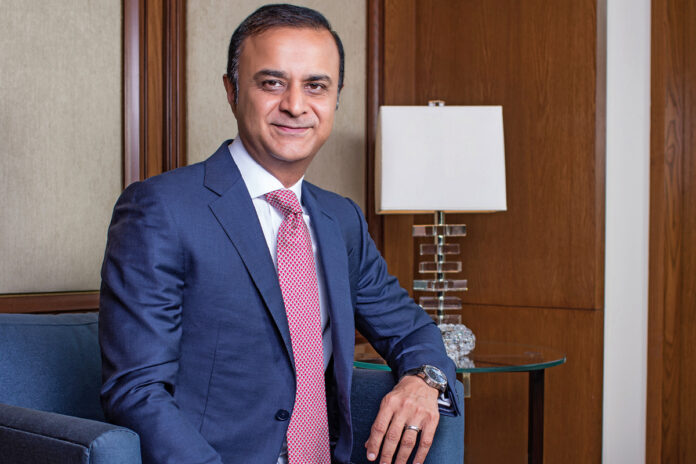Lahore: Chairman of Lucky Motor Corporation (LMC), Muhammad Ali Tabba, met with the Federal Minister for Finance and the Special Assistant to the Prime Minister (SAPM) on Industries and Production to discuss concerns about the proposed Tariff Rationalization Plan, which includes reducing duties on Completely Built-Up (CBU) vehicles to 15% over five years.
Tabba said the plan, aimed at lowering vehicle prices, could negatively affect the local auto industry, reduce investor confidence, and increase the current account deficit if not implemented carefully.
He noted that under the Auto Development Policy (ADP) 2016–2021, Korean, European, and Chinese manufacturers invested around $1.2 billion to establish vehicle assembly plants in Pakistan. The policy resulted in more consumer options, increased competition, and employment in both vehicle assembly and auto parts production.
Tabba said he supports tariff rationalization in principle but stressed that a wide gap must be maintained between CBU and Completely Knocked-Down (CKD) duty rates to protect domestic manufacturers. He proposed a stakeholder consultation to determine the appropriate duty differential.
He also raised concerns over potential liberalization of used car imports. Tabba said the local industry currently produces and sells about 150,000 units per year and includes 16 automobile brands, offering sufficient consumer choice. He said liberalizing used car imports is unnecessary.
Tabba warned that allowing commercial imports of used cars could result in an influx of second-hand vehicles into the country. He added that given Pakistan’s limited foreign exchange reserves, a liberal import regime could lead to FX depletion, a wider current account deficit, and further depreciation of the local currency.
The SAPM on Industries and Production said the government values input from the auto sector and will consult stakeholders before finalizing any decisions on tariffs and used car import policies.




